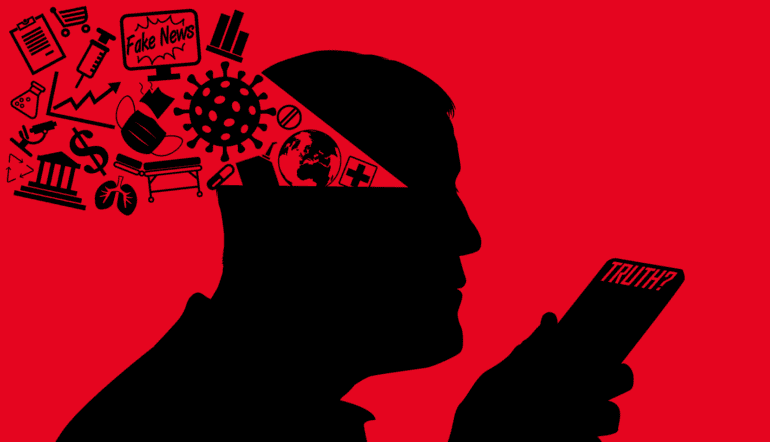TL;DR:
- Bipartisan Senate bill, NO FAKES Act, aims to ban unauthorized AI-generated deepfakes.
- Creators and platforms producing unauthorized AI replicas could face significant fines.
- First Amendment exemptions are granted for specific uses like news, documentaries, and creative expression.
- Senators stress the need for clear AI regulation to protect individual rights and foster innovation.
- Industry support includes the actors’ union, SAG-AFTRA, amid concerns about AI replacing performers.
- Recent strike resolution in the Writers Guild of America (WGA) addressed AI usage and fair contracts.
Main AI News:
In a bipartisan effort led by Democratic Senators Chris Coons and Amy Klobuchar, together with Republican Senators Marsha Blackburn and Thom Tillis, a groundbreaking bill has been proposed to address the growing concerns surrounding unauthorized AI-generated deepfakes. The bill, known as the Nurture Originals, Foster Art, and Keep Entertainment Safe (NO FAKES) Act, aims to curb the production and dissemination of AI-powered recreations of people’s voices and images.
Under the NO FAKES Act, both companies and individuals who create unauthorized AI replicas of individuals, whether they are living or deceased, would be held liable for damages. Furthermore, platforms knowingly hosting these unauthorized AI copycats would also face penalties, with the fines beginning at $5,000 per violation.
While the legislation takes a firm stance against AI-generated deepfakes, it also acknowledges the importance of the First Amendment. Limited exemptions are provided for the use of unauthorized AI replicas, particularly in the realms of news reporting, documentary production, and creative expression, including comment, criticism, scholarship, satire, and parody.
Senator Chris Coons emphasized the necessity of clear policies regulating generative AI, asserting, “Creators around the nation are calling on Congress to lay out clear policies regulating the use and impact of generative AI.” He further highlighted the importance of striking the right balance between defending individual rights, upholding the First Amendment, and fostering innovation and creativity within the AI space.
Senator Marsha Blackburn echoed these sentiments, deeming the bill a “good first step” toward safeguarding the interests of songwriters, actors, and all creative professionals who deserve to maintain ownership over their name, image, and likeness (NIL).
This legislative initiative comes at a time when AI tools are increasingly used to create music, with countless AI-generated songs available on streaming platforms like YouTube and SoundCloud. Notably, the viral sensation “Heart on My Sleeve” by the anonymous TikTok user “Ghostwriter977” utilized AI-generated vocals from artists Drake and The Weeknd before being removed from the platform.
AI-generated likenesses have also been a contentious issue within the entertainment industry, particularly in Hollywood. The Screen Actors Guild-American Federation of Television and Radio Artists (SAG-AFTRA) union has thrown its support behind this bill, following unsuccessful negotiations with the Alliance of Motion Picture and Television Producers (AMPTP), which allegedly refused to “protect performers from being replaced by AI.“
As tensions rise in the entertainment industry, the AMPTP released a statement, acknowledging the vast divide between the two parties and the unproductive nature of their discussions.
In a separate development, the Writer’s Guild of America (WGA) concluded its strike on September 27, following successful negotiations with the AMPTP. The agreement addressed concerns related to AI usage in writer’s rooms, alongside securing higher wages and fairer contracts for its members.
Conclusion:
The NO FAKES Act represents a significant step towards regulating AI-generated content, balancing individual rights and creative freedom with the need to curb unauthorized AI replicas. This legislation responds to growing concerns in the market, particularly within the entertainment industry, where AI-driven content is becoming increasingly prevalent. It signals a proactive approach to addressing the challenges posed by AI in creative industries, emphasizing the importance of ethical and legal considerations while fostering innovation and creativity. Market players should be prepared to adapt to the evolving regulatory landscape surrounding AI-generated content.

